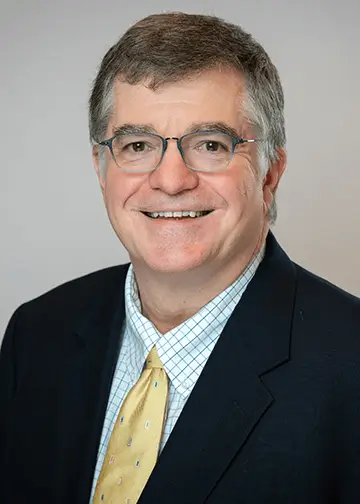
As the new Mensa Foundation President since July 2020, I’d like to begin by saluting my predecessor, Marie Mayer. She agreed to remain on the Board of Trustees for another year to help with the transition before retiring in August.
Marie honored the Foundation with 19 truly transformational years of service as a Trustee. The Foundation would not be where it is today without her dedication and her guidance.
This year marks the Mensa Foundation’s 50th anniversary, and the end of this fiscal year (March 31, 2021) came just as we were ramping up publicity for our celebration. If you haven’t already, I encourage you to read two excellent articles related to that anniversary. One, on our Foundation Voices blog, recounts our 50-year history. The other, on our Foundation News page, looks forward into the Foundation’s future.
Naturally, with the Covid-19 pandemic, the Foundation’s 50th year was quite a bit different from the first 49. But even under those challenging circumstances, we had a very successful year.

Perhaps the most important difference — and most impressive — was the impact of our Mensa for Kids website. During the pandemic, just over 1 million visitors worldwide made use of the site’s lesson plans, Excellence in Reading Program, activity plans, and other learning opportunities fully funded by the Mensa Foundation. Like almost all Foundation offerings, these resources are available to the general public and not restricted to Mensa members. And visitors from more than 220 countries, provinces, and territories around the globe took us up on that offer.
Here are some other highlights from the past year:
- Total donations doubled from the previous fiscal year.
- Both the Foundation and American Mensa moved into the newly renovated headquarters building the Foundation purchased in spring 2020.
- We awarded nearly $200,000 in scholarships.
- Dr. Danielle Posthuma of the Netherlands was chosen as the winner of the biennial Mensa Foundation Prize, worth $10,000. Dr. Posthuma’s groundbreaking research directly identified hundreds of human genes highly correlated to variations in intelligence.
- We conducted a search and interview process for a new editor of the Mensa Research Journal, ultimately selecting Dr. Jeff Papa.
- Each year the organizing committee of American Mensa’s Annual Gathering hosts a pageant parody, now called the Misster Mensa Pageant, as a third-party fundraiser to benefit the Foundation. Even though the 2020 AG was canceled, the committee persisted; they moved the event online and raised more than $44,000, roughly triple the record of in-person editions. We greatly appreciate their commitment and their creativity.
Covid-19 also affected our internal processes. Meeting more frequently via teleconference, the Board of Trustees addressed several internal needs with an inventory and review of all existing programs, a complete update of Trustee orientation materials, a full review and update of all Actions Still in Effect, and a lot of hard work developing a new Strategic Plan.
One recurring theme emerged from those projects: Our identity needs to be clearer. Many people conflate the Mensa Foundation with American Mensa, and we need to do better in establishing ourselves as a distinct but complementary entity, working closely with American Mensa toward similar but not identical goals. One of our last actions of the fiscal year was to engage The Cause Agency, a market research firm specializing in nonprofits, to get an outsider’s perspective. We anticipate that the results they provide will be valuable as we finalize our new Strategic Plan and develop the messaging that will follow.
In the meantime, here’s a sneak preview into the Foundation’s future. We want to strengthen our existing programs by:
- Adding more resources to Mensa for Kids, aimed at different age ranges
- Increasing the dollar amount of individual scholarships to a level more impactful in today’s academic environment while continuing to build on the diversity of our scholarships
- Bringing our award winners wider recognition to boost their efforts to get more support from other institutions
- We also want to broaden our reach beyond existing programs, identifying needs and opportunities throughout the human life cycle to support further the Foundation’s mission: unleashing intelligence for the benefit of humanity.
Let me give huge thanks to Foundation Director Jill Beckham, Philanthropy Director John Thompson, Executive Director Trevor Mitchell, other National Office staff, my fellow Trustees, and the many donors and volunteers who make these past, present, and future achievements possible. We encourage you to make full use of our resources and to consider starting or increasing your financial support for the Mensa Foundation.
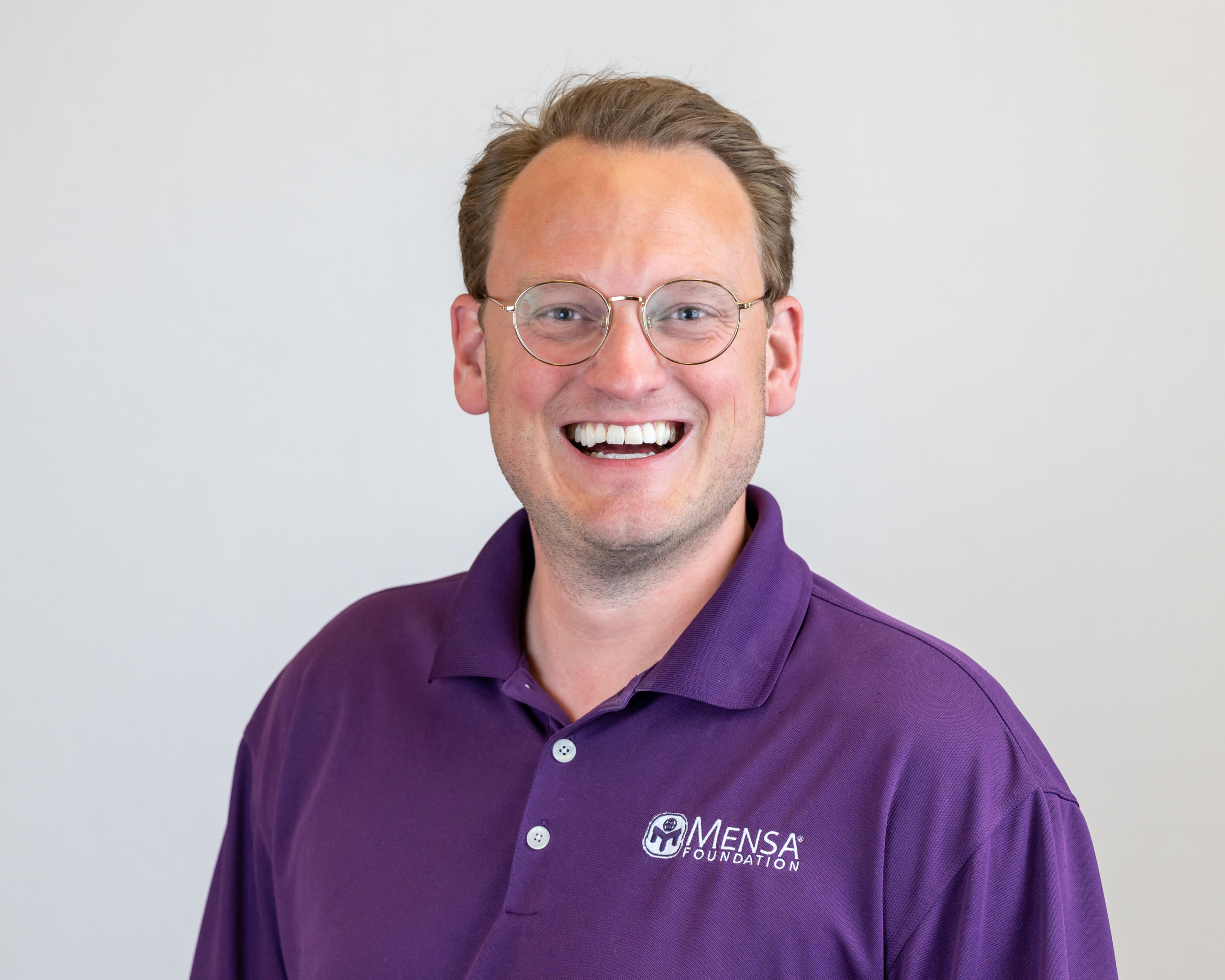
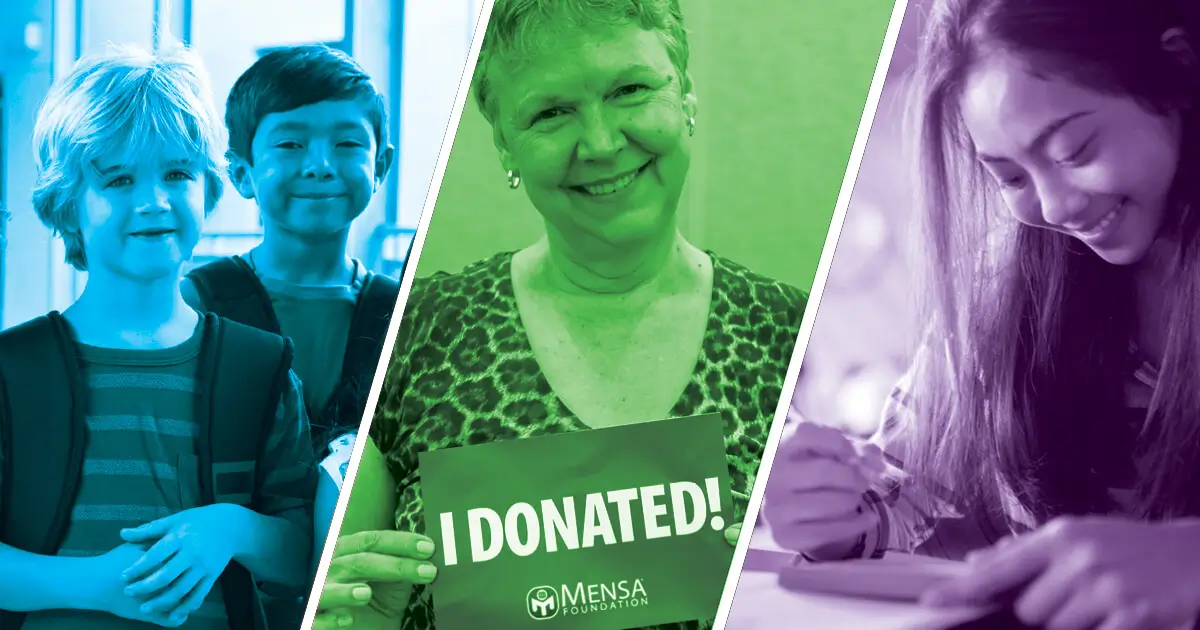
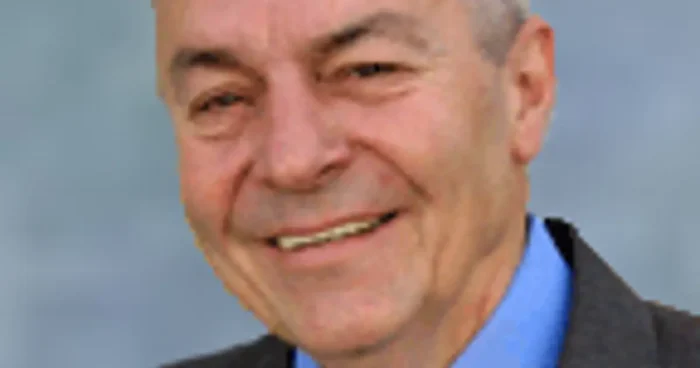
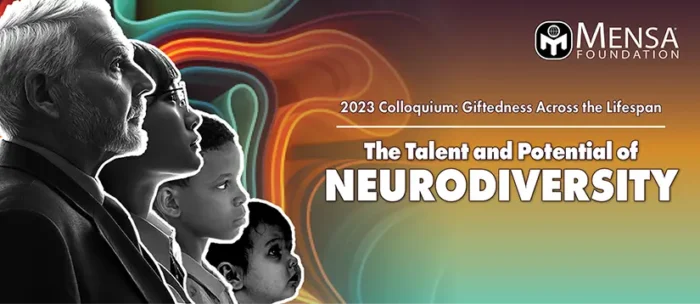
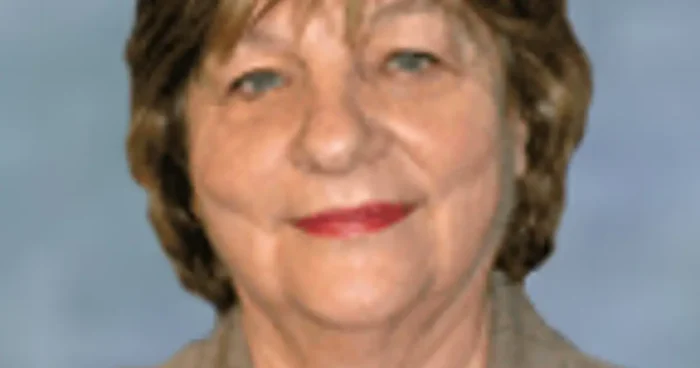





Comments (0)